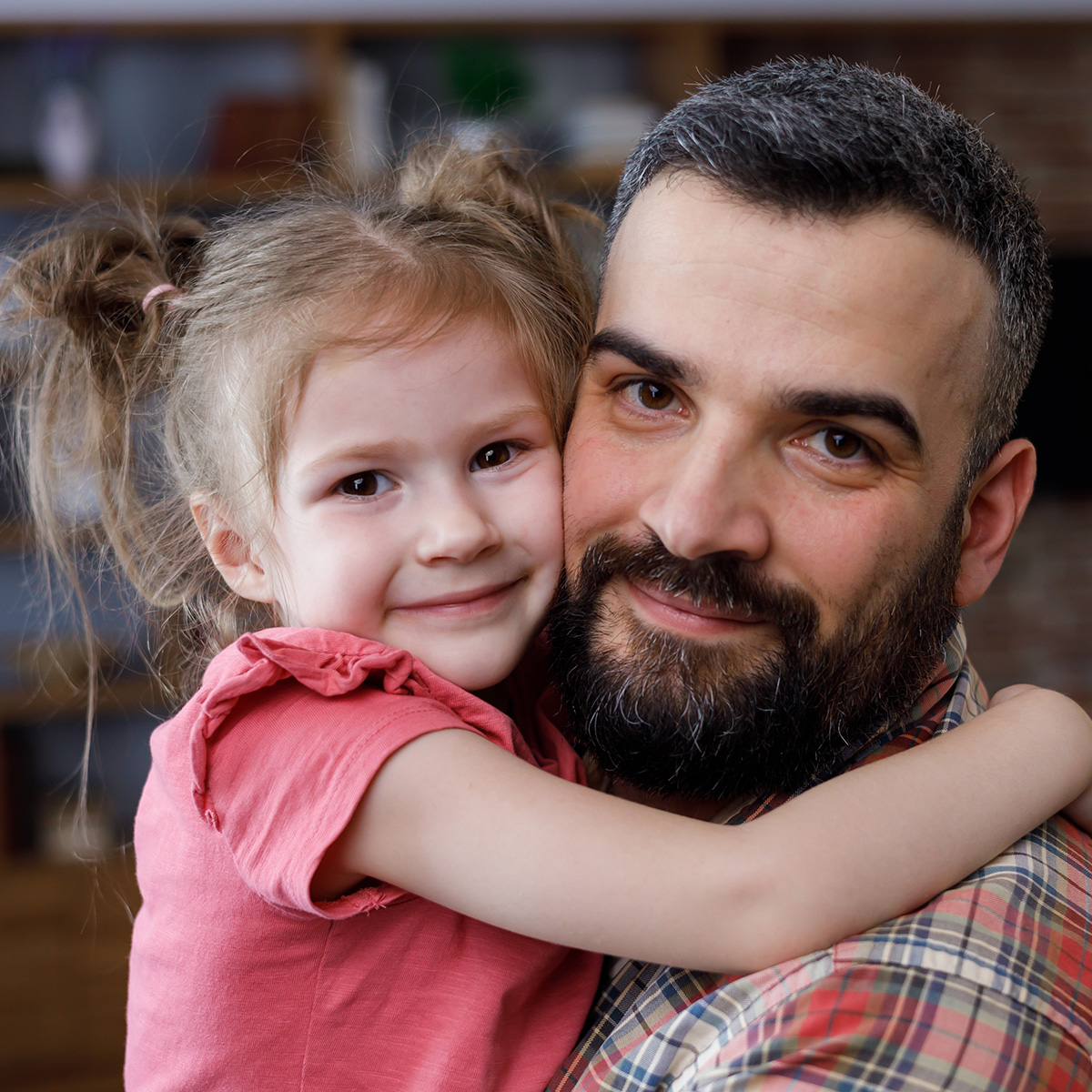Heat Stroke vs. Heat Exhaustion: What Are the Differences?

In the summertime, the weather isn’t always so fine—sometimes, specific health concerns might just keep you from enjoying all the fun in the sun. Two conditions to look out for during periods of high heat are heat stroke and heat exhaustion, both of which occur when the body is overheated and has trouble regulating temperature. But what exactly is the difference between the two, and how can you prevent them from happening while enjoying yourself whenever you are experiencing warm conditions? At PhysicianOne Urgent Care, we can help answer those questions. Let’s start with:
Understanding Heat Stroke
Heat stroke, which is a condition that occurs when the body is incapable of controlling its own temperature, is the most severe heat-related illness. It is caused by the body overheating, most often because of prolonged exposure to strenuous physical exertion in high temperatures. Because of this, heat stroke most commonly occurs during the summer, as both warm weather and increased activity can lead to more opportunities for the condition to take hold if the body’s temperature rises to 104 degrees Fahrenheit or above. Symptoms to look out for include:
- A high core body temperature
- Skin that feels hot and dry to the touch
- Confusion, irritability, delirium, or other strange behaviors relating to mental state
- Seizures
- Flushed skin
- Rapid breathing
- Nausea and vomiting
- Increased heart rate
- Headache
Because untreated heat stroke can lead to damage to the heart, brain, and other organs of the body, actions need to be taken as quickly as possible. If you suspect that someone is experiencing heat stroke, you should take action to cool that person off immediately by getting the person out of the sun, removing excess clothing, and using other means—such as a cold shower, hose, ice packs, fans, or wet towels—to get them cooled down while emergency services are on the way.
Heat Exhaustion & How It Differs
While heat stroke is the most severe heat-related illness, heat exhaustion is the condition that comes just before it in terms of intensity. It also comes as a result of exposure to high temperatures, often accompanied by dehydration that can affect the body’s ability to cool off. When a person suffers from heat exhaustion, they are likely to experience heavy sweating and a rapid pulse as well as other symptoms such as:
- Faintness or dizziness
- Cool, clammy skin
- Fatigue
- Muscle cramps
- Low blood pressure when standing
- Headache
- Nausea
If heat exhaustion is not treated promptly and properly, it can lead to heat stroke. There are a few key differences to look out for to determine whether a person is experiencing a heat stroke or heat exhaustion. If you notice a person is feeling unwell but still producing sweat, then they are likely experiencing heat exhaustion. Sweat is the body’s attempt to keep itself cool so that it doesn’t reach a heat stroke. If you suspect that you or someone else has heat exhaustion, all physical activity should be stopped, you should move to a cooler location, and the person affected should drink plenty of cool water or other hydrating fluids.
How to Prevent Heat Stroke & Exhaustion
While certain risk factors—such as obesity, young or old age, sudden temperature changes, and a high heat index—can increase the chances of someone having heat stroke or heat exhaustion, there are things you can do to better prevent these conditions. For example:
- Drink plenty of fluids
- Avoid strenuous outdoor activities during the hottest parts of the day
- Wear sun protection
- Wear lightweight, breathable clothing
- Pay extra attention if you are at increased risk for heat-related illnesses
If you are ever in need of care for heat stroke or heat exhaustion, the team of healthcare professionals at PhysicianOne Urgent Care may be able to help. Contact us at 1-860-650-3848 today to learn more about the treatment services we provide and when to call 911 immediately.





